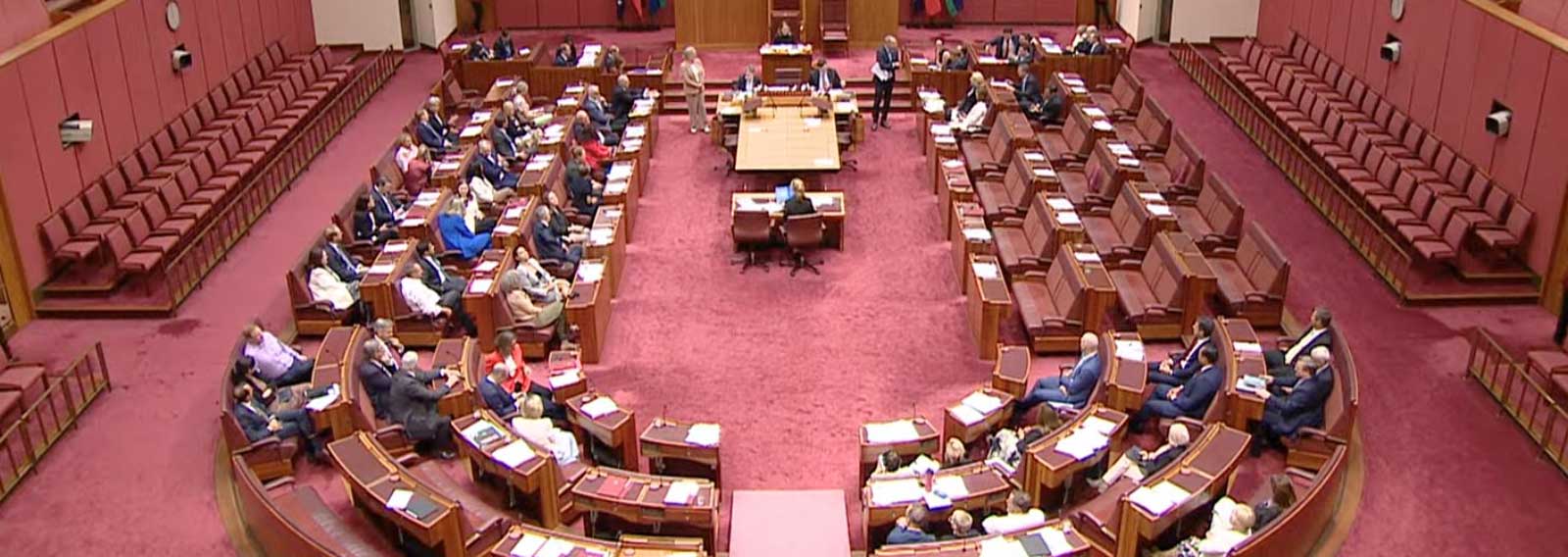When I started writing this article, a certain Minister had not resigned her portfolio for her alleged moral misuse of a taxpayer-paid vehicle. The initial claim against her involved the driver having to go from Sydney to her holiday home on the Central Coast, then to the Hunter Valley, and after three hours of supposed wining and dining, reversing the trip.
The original response was that “I realised it didn’t past the pub-test.” The Premier said he was disappointed by this oversight, but her position was not at threat because she volunteered to repay the cost, admitting her indiscretion.
I started to write about my concerns that we as adults do not change our patterns of behaviour very readily – and so, I suspected more of the same might be on the way. My concern was also fuelled by the lack of depth of her apology. Her regret seemed to be because of an “Oops, I was found out” moment. It seemed to have nothing to do with, “I now see that I went against the spirit of the law, even it if was within the letter of the law.”
Then, the defence fell apart. Persistent investigative journalism revealed that indeed, it seemed the original abuse was not a one-off affair. The Premier had already spoken of his disappointment. He was caught unawares of more claims coming his way, on Sydney radio. Then more claims came. The Minister resigned.
The Premier has said he will tighten the laws to overcome this kind of conduct. But as we know from many aspects of life, good laws mostly help good people to live better lives. Those whose hearts are not in line with the common good rules will not understand why the laws are there. That is, their default position is to minimalize anything that might restrict their personal sense of entitlement. As one commentator noted, this seemed to be an example of “Oink oink”, which draws on the ‘nose in the trough’ dynamic so vividly portrayed in Huxley’s Animal Farm.
What might be behind this inability to discern the spirit of a good provision, against taking advantage of it? I suggest that it is lost wisdom in the face of technocratic and bureaucratic thinking and action.
I can only write in general terms because I do not know any of the characters personally. But at a general level, what we are seeing in much of our leadership is what CS Lewis described in The Abolition of Man. In the 1960s Lewis observed that leaders in the West were increasingly ignoring what he called the ‘Tao’. Others might call it ‘Natural Law’, or even ‘Natural Theology.’ It was the belief that in each person, there resides at least a thumbprint of how we should live morally.
However, in our Australian universities and politics, relativism has reigned supreme at least from the 1970s, if not before (some claim it happened in the 1960’s). Ask someone in their 30s or 40s what they learnt about ethics in their professional degree, and the answer will be something along the lines of ‘consider these aspects of risk’.
I heard this after almost a day of briefing from a professional association. We were there to find what guidance they could give us with reference to managing certain personnel issues. Towards the end of our time together, I asked, “So what moral framework do you use to guide your advice?” Their answer was quietly chilling and brought Lewis’ concerns to mind: “Your decisions should be guided by your appetite for risk.”
Really? This is evidence of the ‘pruning a branch of a tree while sitting on it’ that Lewis described (as did Chesterton and others). How can anyone decide what is good or not if one does not know what is good and bad?
It is why people trained in such a void of absolute truth turn to personal relativist guideposts such as, “What are others doing?”; or, “Will this fly under the radar?”; or, “Can I ride this out if it goes bad?”; or “I deserve this, and others will see that”; or, “This makes sense to me,” which means they do not have to think about it at all.
Being a good steward of what we are given is a Biblical concept. Not taking advantage of others is a Biblical concept. Universal respect is a Biblical concept. Not chasing status or wealth for its own sake is a Biblical concept. And the only thing that gives these concepts authority is realising they come from The Author of life – the Author who created order in the face of chaos, and who loves rather than neglects. Truth is real, and His name is God.
But when we pretend we do not need God, and suppress all knowledge of Him in our everyday lives, we act in the same way as Adam and Eve did – we decide that we will make up our own minds of what is wrong and right on our own. Rules may slow us down; but our spirits will continue in the same self-oriented vein.
Does it surprise me therefore when a Minister of the Crown cannot tell what is morally repugnant in taking advantage of their position? No, it does not. Suppress the knowledge of God, and then stand back and see what replaces it. Whatever form it takes, it will be more self-centred, more sensuous, and ultimately lead to a less human way of living. God help us.





















